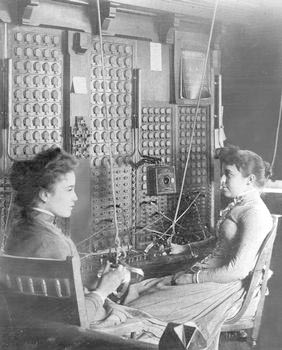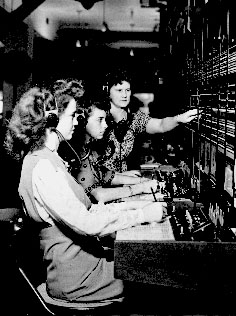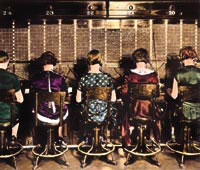Abracadabra: Language, Memory, Representation
The End.
Chapters 23-27.
The end of the book unfolds at a manic pace, in which the pespective switches quickly, montage style, from person to person, Van Helsing himself begins to write, but Arthur and Quincey do not. By the end, the narrative is less the subjective perceptions of each individual than that of a group narrator, not unlike Leibniz' image in the monadology, where perspectival truth comes from many discrete sources. To the extent that this society of vampire hunters exists, it is only through their communications to each other and themselves.
Excluding mina once again
Once again, Van Helsing, like a neurotic, decides to exclude Mina, as her condition grows worse, Van Helsing decides that she is too dangerous-- after all, she has a direct line to the count. But in addition to exluding Mina, they also refuse to tell Jonathan (or Quincey or Arthur).
When Jonathan wants to confer with is wife about staying behind, Seward and Van Helsing exchange significant coughs and fingers on lips. Jonathan is excluded.
Of course, it turns out to be unnecessary scheming, because it is Mina herself who decides on exclusion. As in the scene of Jonathan's original diary-- which contained his own adulterous adventure-- Mina makes Jonathan promise not to tell her anything, lest she communicate it to her new husband, Dracula. 'I promise!' says Jonathan.
New communications
We learn of a new communications device in these chapters: telepathy. Unlike the diary or the letter, telepathy leaves no traces, but what others record. It is also a two-way channel, it is a telephone. But make no mistake, it is a communications device, Harker says of Mina:
"The answer came dreamily, but with intention; it was as though she were interpreting something. I have heard her use the same tone when reading her shorthand notes." p. 272
And yet, like the telegraphs of these chapters, the channel carries no information per se. There is only one signal: "It is dark. Sounds of lapping water and creaking masts."
Similarly the telegraph works the same way. A message comes each day, it reads only: no sign of the Czarina Catherine. Such information is not meaningless, it is a kind of surveillance. The constant message indicates that there has been no change. A complete absense of information (such as when one ceases to write in a diary) does not mean no change, it means ambiguity. Communication itself is not most ambiguous, its absense is.
Another Collation.
One last time Mina collates all the information they have and produces a strange diary entry-- a memorandum. It is infact an algorithm for the end of the book, a flowchart, a series of if...then statements that lead to the most probably route the Count may take, and the most efficient way to capture him. From here on out it is simply hunt, write, hunt, write, kill, kill, kill, write, hunt, kill. The end.
Discussion questions or, How Weird is This Novel:
- The Burial Service (cf. Jonathan and Mina's Marriage).
- Seward's last Phonograph entry and his emotion at the Burial Service.
- Mina says: "you forget.., that I am the train fiend."
- Criminology. Child brain, man brain, duck thought, swan thought.
- Quincy, Quincy, Quincy.
 Telephone Switchboard Operators, recreation of 1888 in 1953.
Southern Bell Telephone Co. Operators, 1942
Erik Overbey Collection, USA Archives
Telephone Switchboard Operators, recreation of 1888 in 1953.
Southern Bell Telephone Co. Operators, 1942
Erik Overbey Collection, USA Archives
 Operators at the Switchboard circa 1920 San Francisco
Operators at the Switchboard circa 1920 San Francisco
 Switchboard operators at the London Trunk Exchange, c 1930s. Manchester Daily Express/ Science & Society Picture Library
Switchboard operators at the London Trunk Exchange, c 1930s. Manchester Daily Express/ Science & Society Picture Library